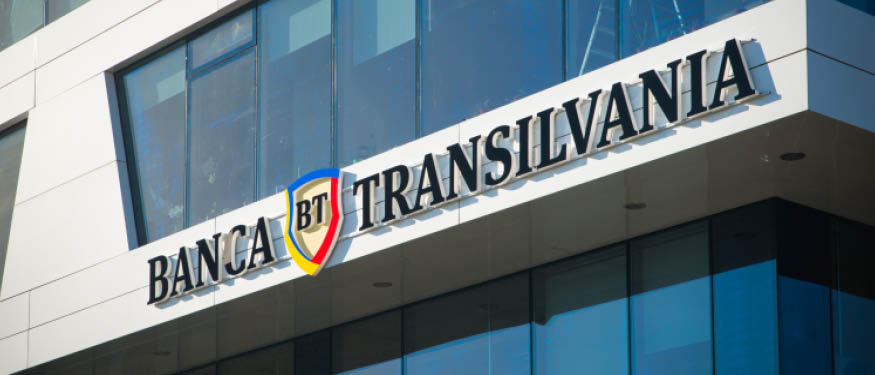Albania’s gambling industry has undergone significant transformations over the past decade, shifting from a thriving sector to one under stringent regulation. Lalaj & Partners Partner Sabina Lalaj explores the evolution of gambling in Albania, the impact of regulatory changes, its current status in the economy, and the future outlook of the industry.
Significance and Evolution of Gambling in Albania
“Albania’s gambling industry, once a prominent sector, is now relatively smaller compared to CEE countries such as Romania or the Czech Republic,” Lalaj begins. Historically, Albania had a high per capita gambling rate, especially in sports betting. “According to data from the Supervisory Authority of the Gambling Industry in 2018, there were 4,214 secondary points of activity for sports betting across the country, employing approximately 6,700 individuals. However, in terms of organization and regulation, Albania lagged behind other CEE countries with more structured gambling markets,” she reports.
“Gambling – particularly sports betting – gained significant popularity in the 2010s,” Lalaj says. “However, with the 2018 revisions to the Gambling Law, most forms of gambling, including sports betting and online platforms, were banned. Despite these measures, informal betting persisted in some areas, reflecting the ongoing public interest in gambling activities.”
Regulatory Impact
The 2018 legislative changes marked a turning point for Albania’s gambling sector.
According to Lalaj, the 2018 gambling ban had a profound effect on the industry, resulting in the closure of thousands of betting shops and an almost complete cessation of legal gambling activities. While the ban aimed to address social issues related to gambling, it also contributed to the growth of informal markets.
“Recently approved changes to the Gambling Law are set to reintroduce sports betting, but exclusively online and under strict regulations. Only ten licenses will be issued through a competitive process, with stringent requirements for operators, including capital adequacy, compliance with anti-money laundering laws, and relevant experience in EU or OECD countries,” Lalaj reports.
Moreover, Lalaj notes that “the revised law also introduces two significant developments: the creation of a Special Fund to support sports, culture, innovation, and technology, and the establishment of the Project Support Council, which will evaluate the projects funded by this Special Fund.” As she puts it, these initiatives “reflect the government’s intention to channel a portion of gambling revenues into sectors that can contribute positively to Albania’s social and economic development.”
Current Status and Future Outlook
In the aftermath of regulatory reforms, the gambling industry’s footprint in Albania’s economy has diminished considerably.
Lalaj reports that, currently, “Albania’s legal gambling sector is limited to a few casinos, with online sports betting set to be reintroduced under the amended law. The economic contribution of gambling has significantly shrunk since 2018, but the new regulations aim to balance market demand with government control.” She believes that the reintroduction of online betting could reduce the size of the informal market while generating additional tax revenue for the state.
Looking ahead, the Albanian gambling industry is on the cusp of a new era characterized by controlled growth and strict oversight. Lalaj believes that the gambling industry in the country is poised for growth in the area of online sports betting, governed by a tightly regulated framework soon to be detailed through the secondary legislation pending approval. “The limited number of licenses and strict compliance requirements will likely create a small but competitive market, dominated by experienced operators. If successfully implemented, this sector could positively impact the economy by reducing informal betting activities and aligning with international standards.” Still, Lalaj stresses in conclusion that “it remains to be seen whether the government will expand gambling options to include electronic games or track betting in the future, as its primary focus remains on mitigating the social impacts of gambling.”
This article was originally published in Issue 11.9 of the CEE Legal Matters Magazine. If you would like to receive a hard copy of the magazine, you can subscribe here.

















